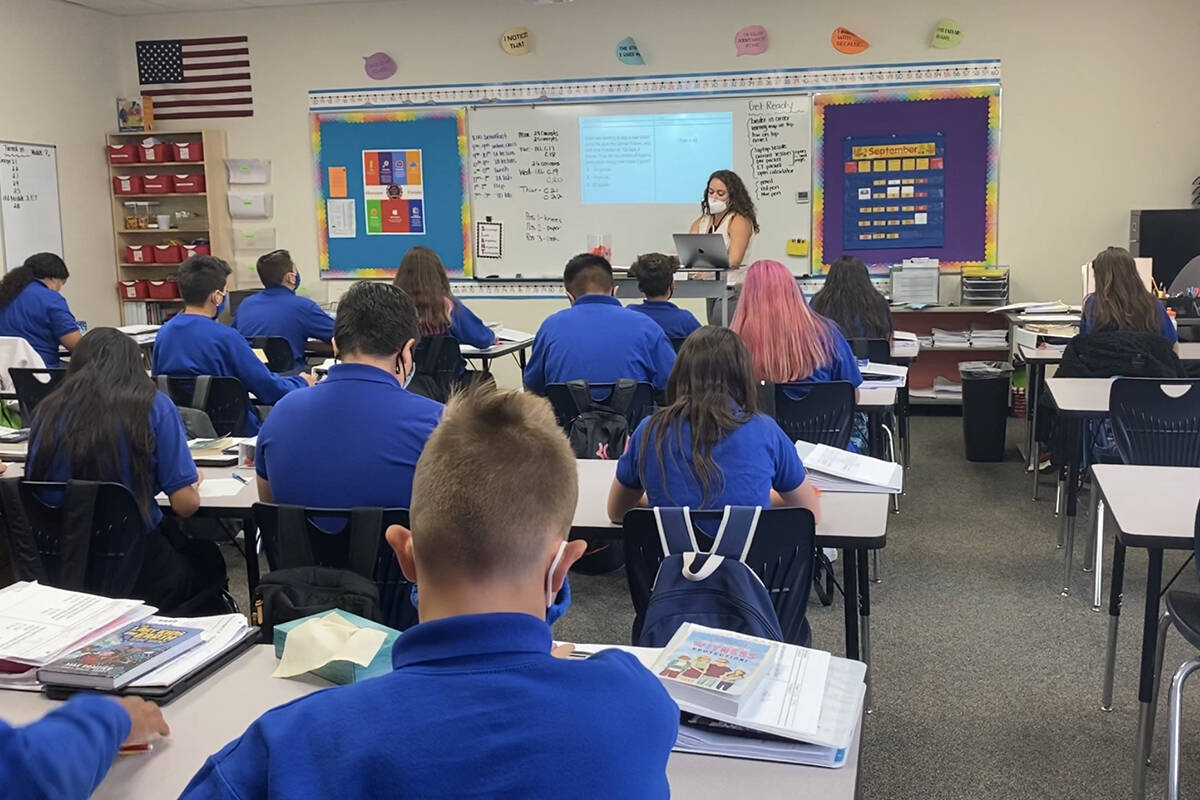EDITORIAL: Charters show accountability works in education
What a difference accountability makes.
One of the jobs of the State Public Charter School Authority is to review the financial performance of its schools. The board monitors several categories, including cash flow, enrollment variance and debt. At its recent meeting, it issued two notices of concern for local charter schools.
One of the schools is the CIVICA Career and Collegiate Academy. Authority staff found the school deficient in two areas. For one, its debt-to-asset ratio is 104.8 percent. The standard is 90 percent. Next, it has more debt payments due in the next year than cash on hand to pay them.
Also, an auditor found some weakness in its financial reporting and record keeping. That doesn’t mean the school is going to default.
“Overall, SPCSA staff finds that CIVICA is in a healthy cash position” for a newer school “and did end the year with a positive total margin,” a memorandum given the Authority’s board reads.
As a result, Authority staff will work with the school to develop a financial improvement plan and provide regular updates. With this assistance, it’s likely the school will improve its financial footing and processes. Accountability leads to changes which leads to improvements.
There are larger lessons here. Many problems are correctable, but only if they are acknowledged and addressed. It’s much easier to fix problems if you can catch them early. Finally, problems are more likely to be solved if there are real consequences for noncompliance.
Compare what happened to CIVICA with the Clark County School District. The district makes its bond payments, but it’s been failing in a much larger way. It’s struggling to proficiently educate students.
Down the road from CIVICA is Quannah McCall Elementary School. Around 90 percent of the students at both North Las Vegas schools are Hispanic or African American. At McCall, just 22.1 percent of third through fifth graders are proficient in English. In math, it’s 13.1 percent.
Instead of accountability, the district and schools such as McCall receive more funding. It’s a significant perverse incentive. The worse district schools do, the more they’re rewarded with new dollars.
Charter schools have much greater accountability. They don’t just answer to the Authority but to parents. If they don’t perform, students can leave. Without students, their funding dries up and schools can be forced to close.
Little surprise then that CIVICA — the new kid on the block — already has better results than its neighbor. Its English and math proficiency rates are 23.2 percent and 22.9 percent, respectively, for third through fifth graders.
Accountability is good for charter schools. It would help traditional public schools, too.




























